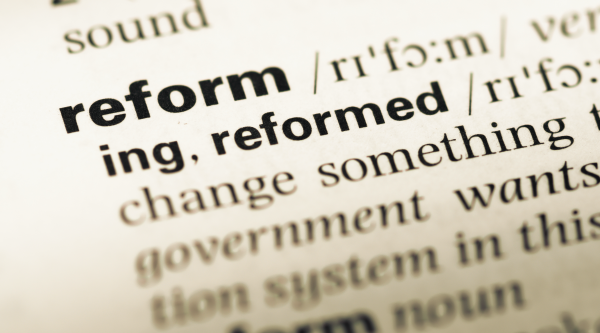Private Healthcare Australia has marked the annual 1 April premium increase by calling on the federal government to reform medical device pricing in the upcoming 2021-22 Budget.
Premiums rise today by an average 2.74 per cent.
Private Healthcare Australia CEO Dr Rachel David said this is the lowest average premium increase in twenty years,

“It is disappointing that there has to be an increase in a year when so many Australians are doing it tough," said Dr David, who then called on the federal government to fast track reform of medical device pricing.
The federal government has been consulting on a round of new reforms to the pricing of medical devices with private insurers pushing for the adoption of a system based on episodic diagnosis-related groups (DRG).
This proposal, which is thought to currently have support within the government, would involve the independent setting of reimbursement amounts based on the 'bundled' prosthesis component of a procedure.
The Medical Technology Association of Australia (MTAA) has argued these reforms will restrict access to new technologies.
Dr David said medical devices prices are the largest driver of this year's premium increase. She said government price-setting means Australia pays around 30 per cent more for medical devices than comparable countries such as New Zealand, the UK, France and South Africa.
"In some cases, Australians with private health insurance are paying up to five times more for the same medical device," she said.
Dr David continued, "Last financial year – a year affected by COVID-19 - slightly fewer people sought health care funded by private health insurance. Profits by insurers decreased significantly. Payments to health professionals by private health insurers went down. Payments to private hospitals went down. The only major category of expenditure that increased from 2018-19 to 2019-20 was medical devices.
"Australia’s quality of health care is excellent, our doctors are outstanding, and our private hospitals are world-class. Private health insurance businesses are highly efficient, with much lower expense ratios than other types of insurance. Unfortunately, it is outdated government regulation that is keeping premiums higher than they need to be."
MTAA CEO Ian Burgess disputed the claim medical devices are the single biggest driver of this year's annual premium increase.
“Insurer’s April 1st hike will see premiums increase by another 2.7% on average, the second in just six months, while device costs have increased just 0.9% over the last quarter," he said.
Mr Burgess continued, “While the larger insurers are increasing their premiums well above the 2.7% average – NIB at 4.36%, Medibank at 3.25%, Bupa at 3.21% and HCF at 2.95% - APRA data released in December 2020 shows that insurers have not had to pay a single extra cent for medical devices over the 12 months prior."
He added, “Corporate health insurers are pressuring the Morrison Government to abolish the patient access and surgeon choice guarantee of the Prostheses List. Not only is this opposed by MTAA, but it is also opposed by the Australian Medical Association (AMA), Australian Private Hospitals Association (APHA) and Consumer Health Forum (CHF) who, together, issued a joint statement opposing corporate health insurers push to abolish the guarantee in favour of a managed care system where insurers, not surgeons or patients, will have the final say over what life-saving medical device someone will or won’t get access to."
